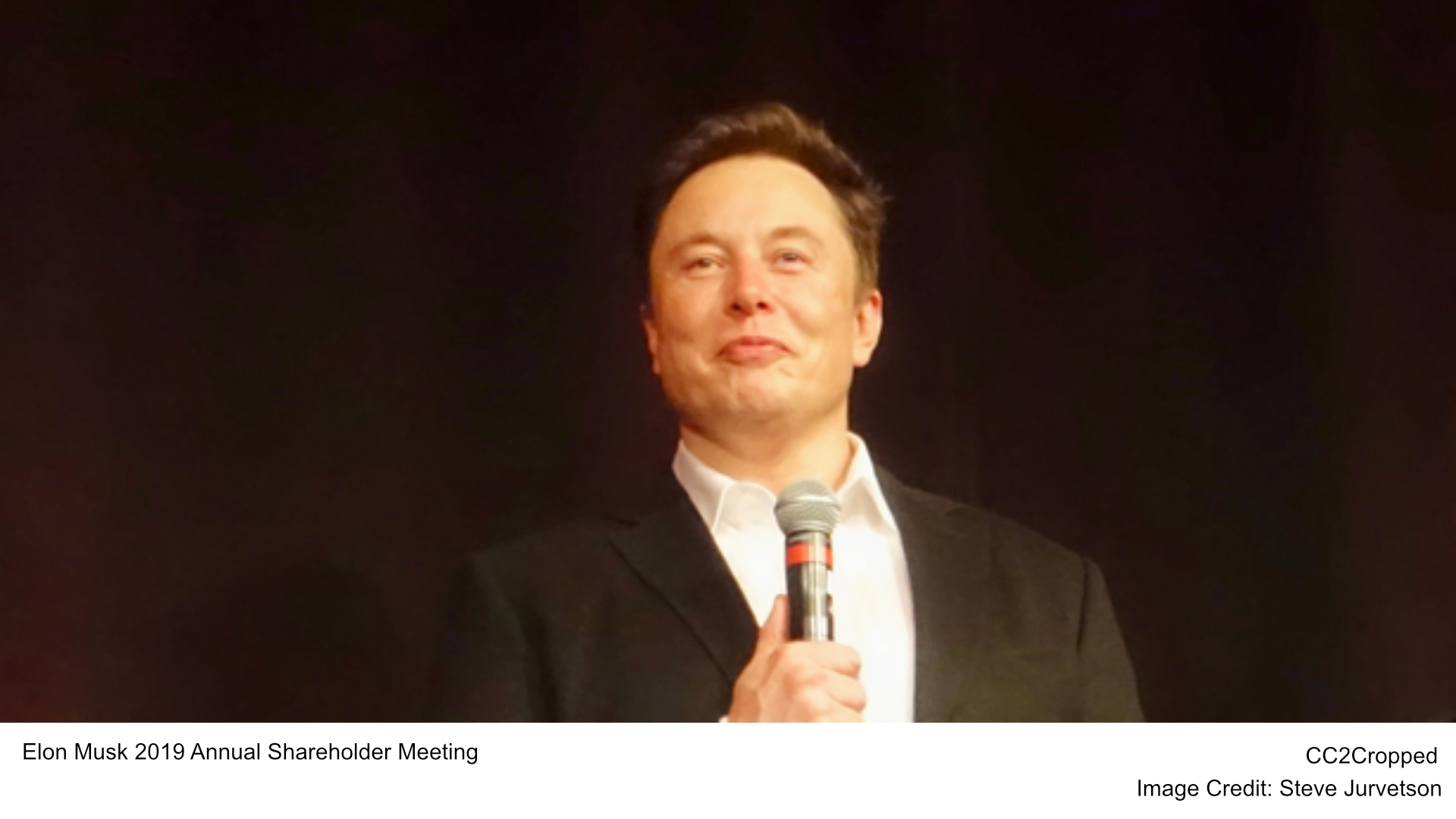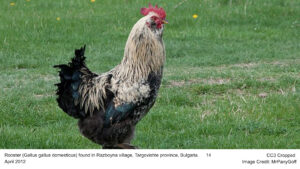Elon Musk, CEO of Tesla and SpaceX, is creating waves in European politics. He plans to host a live chat on his social media platform, X, with Alice Weidel, leader of Germany’s far-right Alternative for Germany (AfD) party. This move has raised concerns about Musk’s influence on Germany’s upcoming national election.
- Musk’s Political Involvement: Elon Musk plans to host a live chat with AfD leader Alice Weidel, raising concerns about his influence on Germany’s national election and European politics.
- Support for AfD: Musk has openly endorsed the far-right party, criticizing Chancellor Scholz’s government and framing the AfD as Germany’s “only hope.”
- AfD’s Controversial Rise: The AfD, monitored for extremism by Germany’s intelligence agency, has gained traction amid dissatisfaction with Scholz’s coalition government, especially in eastern Germany.
- Broader Implications: Musk’s actions, including prior support for polarizing figures, amplify fears about foreign influence and social media’s role in shaping global political dynamics.
Musk’s endorsement of the AfD comes after his previous efforts to support former U.S. President Donald Trump. He used X to bolster the AfD’s presence, claiming the party is Germany’s only hope. In an article for Welt am Sonntag, Musk criticized Chancellor Olaf Scholz’s administration, suggesting it is leading Germany toward collapse.
The scheduled chat with Weidel on X-Space is set for 7 p.m. in Germany. Musk’s involvement in politics alarms many across Europe, fearing his potential interference in other elections, including Poland’s presidential race.
The AfD, while growing in popularity, remains controversial. Germany’s domestic intelligence agency monitors the party for suspected extremism, and mainstream parties avoid collaboration with it. The AfD dismisses these accusations as politically motivated attempts to undermine it.
Founded in 2013, the AfD initially opposed eurozone bailouts but gained traction by opposing Chancellor Angela Merkel’s refugee policies in 2015. The party’s support has increased amid dissatisfaction with Chancellor Scholz’s coalition government. The AfD aims to become the leading party in upcoming state elections, particularly in eastern Germany.
Musk’s actions have drawn criticism for potentially meddling in foreign politics. His support for figures like U.K. extremist Tommy Robinson and criticism of British Prime Minister Keir Starmer add to concerns about his political agenda.
As Germany’s election approaches, Musk’s influence on public opinion through social media remains a focal point. The implications of his actions on international relations and political dynamics continue to stir debate.







Be First to Comment